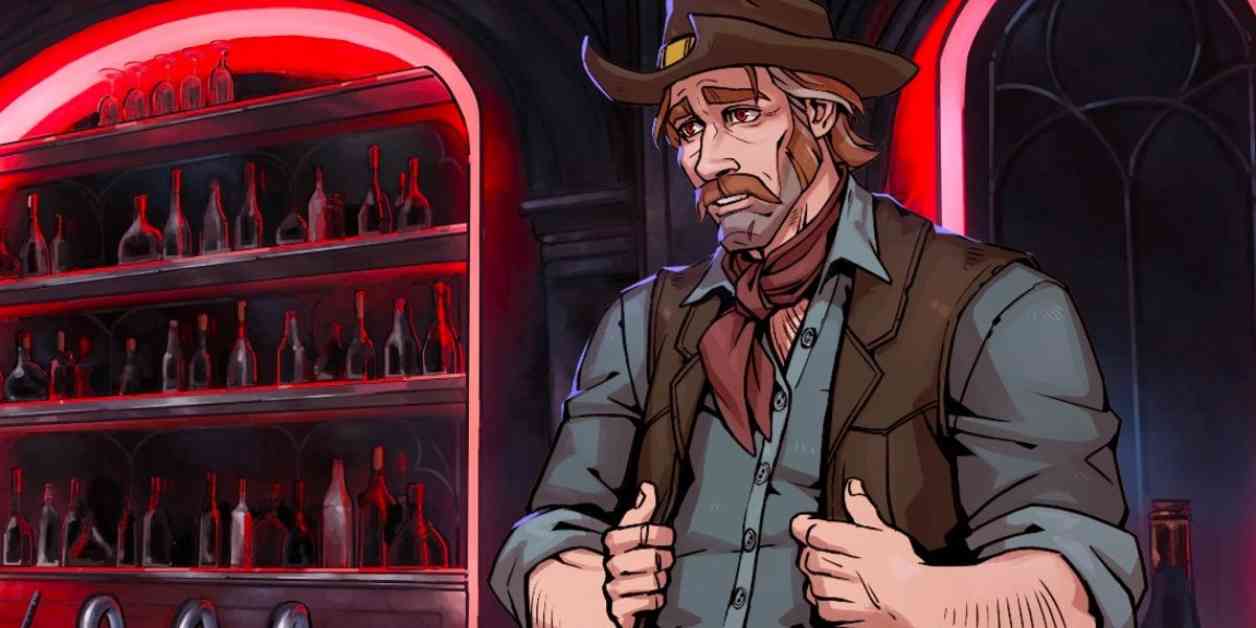I never would have imagined that playing a game about vampire therapists could teach me valuable lessons about therapy, but here we are. Vampire Therapist is a game that focuses on cognitive behavioural therapy, a method that helps individuals identify and alter unhelpful thought patterns. Developed with the help of licensed therapists, the game follows the journey of Sam Walls, a former cowboy turned therapist in training, as he learns from the ancient vampire therapist Andromachos.
Set in a goth German nightclub, Vampire Therapist is a visual novel-style game that primarily revolves around conversations between characters. Through dialogue choices and interactions, players are encouraged to identify cognitive distortions such as negative self-talk, all-or-nothing thinking, and self-criticism. These distortions are cleverly woven into the gameplay, allowing players to recognize and address them in a lighthearted and engaging manner.
Despite tackling serious therapy concepts, Vampire Therapist maintains a humorous and light-hearted tone throughout the game. With witty jokes and charismatic characters like Sam and Andromachos, the game strikes a balance between education and entertainment. The incorporation of famous vampire references and the voice acting of characters like Reinhard voiced by Matt Mercer add to the game’s charm and appeal.
One of the most impressive aspects of Vampire Therapist is its ability to effectively teach complex therapy concepts in a fun and accessible way. By gradually introducing players to different cognitive distortions and therapy techniques, the game allows them to learn and apply these lessons in a safe and engaging environment. While the game encourages self-reflection and growth, it also emphasizes the importance of seeking professional help when needed, ensuring a responsible approach to mental health education.
As I immersed myself in the world of Vampire Therapist, I found myself internalizing the advice and lessons presented in the game. I became more aware of my thought patterns, language, and behaviors, making conscious efforts to practice self-compassion and mindfulness. The game’s impact on my own mindset and well-being was profound, highlighting the potential of gaming as a tool for personal growth and self-improvement.
In conclusion, Vampire Therapist is not just a game; it’s a transformative experience that challenges players to confront their inner demons and embrace positive change. By blending therapy concepts with gameplay mechanics, the game offers a unique and effective way to learn about mental health and self-care. Whether you’re a fan of vampires, therapy, or storytelling games, Vampire Therapist has something valuable to offer to everyone. So why not give it a try and embark on a journey of self-discovery and healing with Sam and Andromachos?

